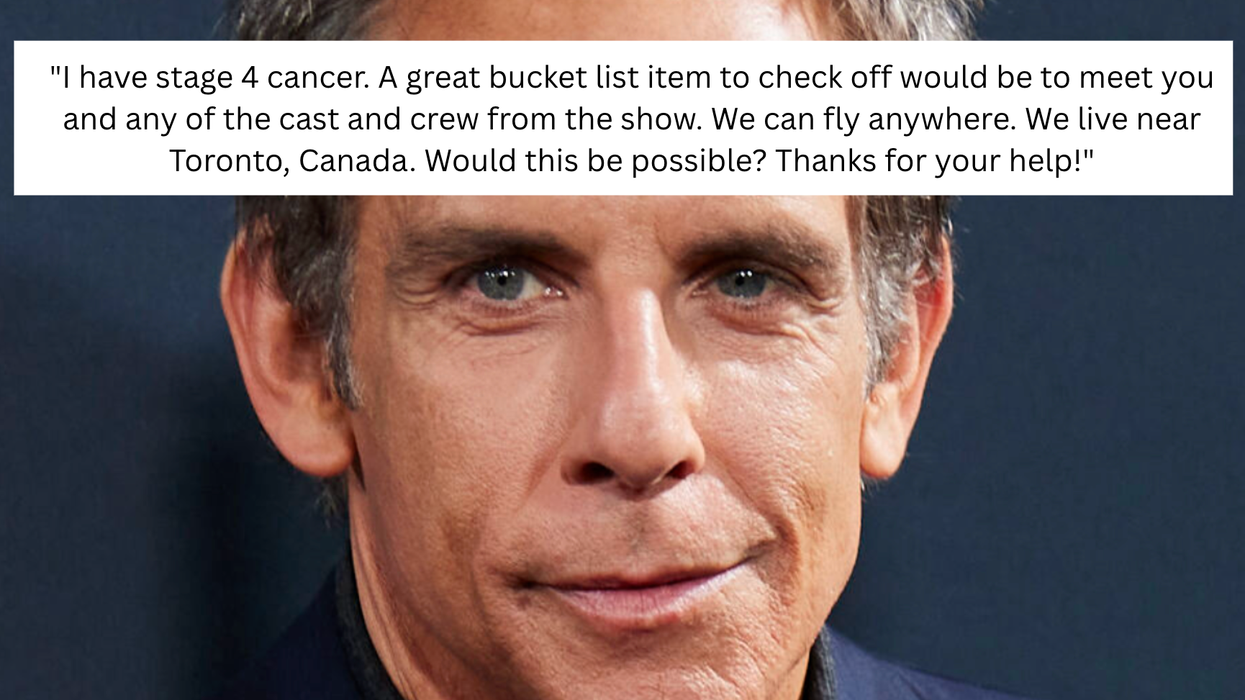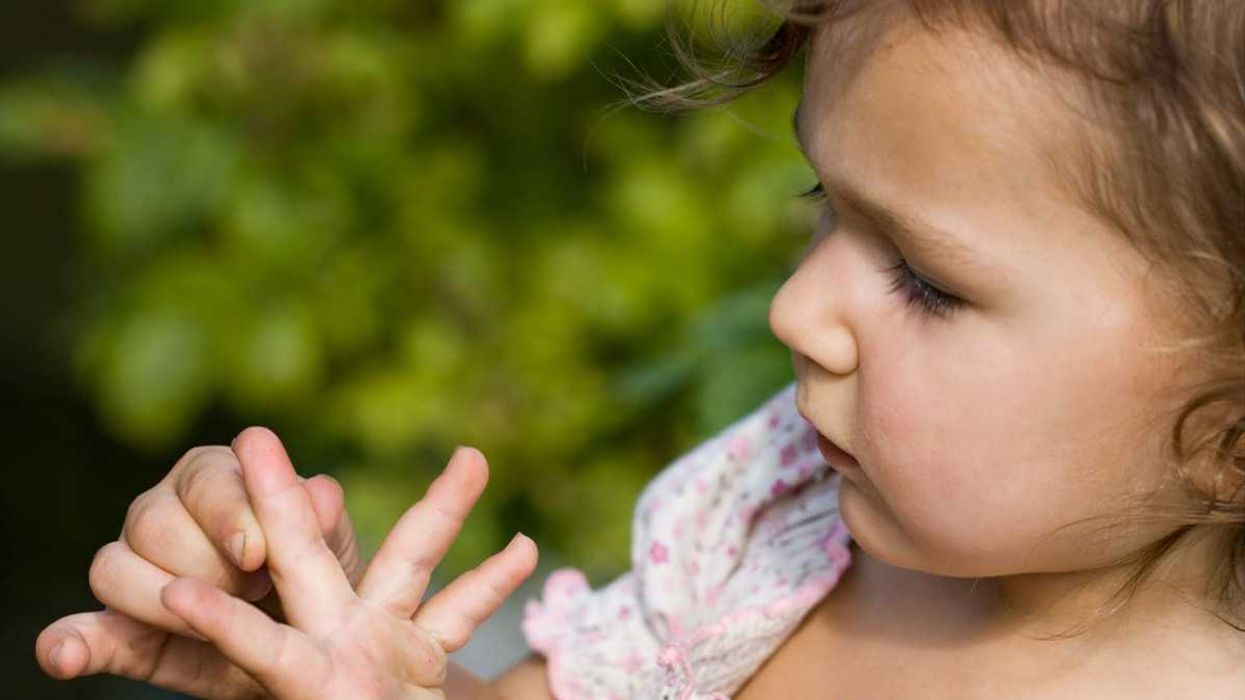Last May, the United Nations Security Council met to discuss a problem tragically common in the 21st century: dead journalists. In the new millennium, 876 journalists have been killed—with almost 40 percent of those deaths occurring in the last five years. Meanwhile, global press freedom is at its lowest point since 2003, according to Freedom House, an independent watchdog organization.
Why is this happening? One reason is that there’s near total impunity for those who murder journalists. Both authoritarianism and terrorism are on the rise globally, which can leave journalists stuck between hostile actors. At the same time, the internet has democratized the ability to share information, which means nontraditional journalists increasingly produce news and shoulder more of the danger. Citizen journalism has made the world more transparent, but it has also made those who wish to control the flow of information itchy and aggressive.
In response to the crisis, the United Nations adopted Resolution 2222, demanding that journalists and other media workers be protected by the same international laws that apply to civilians, whose safety every nation is obligated to defend. The resolution is a clarion call: Everyone has the right to gather and share information, and the global community must protect those who perform this vital service.


















 The Emergency Department.Photo credit:
The Emergency Department.Photo credit:  Little girl with a splinter.Photo credit:
Little girl with a splinter.Photo credit:  Woman on phone after car accident.Photo credit:
Woman on phone after car accident.Photo credit: 

 A road near equatorial Atlantic OceanCanva
A road near equatorial Atlantic OceanCanva Waves crash against rocksCanva
Waves crash against rocksCanva

 Two people study a mapCanva
Two people study a mapCanva Foggy Chinese villageCanva
Foggy Chinese villageCanva